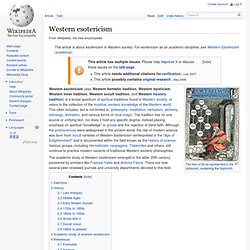

Ages Of Man. East India Trading Company. Mythology. Chakra. COLORS. Advertising and psychology. Applied Semiotics. Communication design. Symbolisim. Misc. Planetary Grid System. Qabalah. Language of flowers. The language of flowers, sometimes called floriography, is a means of cryptological communication through the use or arrangement of flowers. Meaning has been attributed to flowers for thousands of years, and some form of floriography has been practiced in traditional cultures throughout Europe, Asia, and the Middle East. Plants and flowers are used as symbols in the Hebrew Bible — particularly of love and lovers in the Song of Songs,[1] as an emblem for the Israelite people[2] and for the coming Messiah[3] — and of Jesus Christ in the New Testament.[4] In Western Culture, William Shakespeare ascribed emblematic meanings to flowers, especially in Hamlet, Prince of Denmark.
Interest in floriography soared in Victorian England and in the United States during the 19th century. History[edit] Floriography was popularized in France about 1810–1850, while in Britain it was popular during the Victorian age (roughly 1820–1880), and in the United States about 1830–1850. Western esotericism. Western esotericism (also Western hermetic tradition, Western mysticism, Western inner tradition, Western occult tradition, and Western mystery tradition) is a broad spectrum of spiritual traditions found in Western society, or refers to the collection of the mystical, esoteric knowledge of the Western world.

This often includes, but is not limited to, philosophy, meditation, herbalism, alchemy, astrology, divination, and various forms of ritual magic. The tradition has no one source or unifying text, nor does it hold any specific dogma, instead placing emphasis on spiritual "knowledge" or gnosis and the rejection of blind faith. Although the protosciences were widespread in the ancient world, the rise of modern science was born from occult varieties of Western Esotericism reinterpreted in the "Age of Enlightenment" and is documented within the field known as the History of science.
The Great Year. Alchemy.